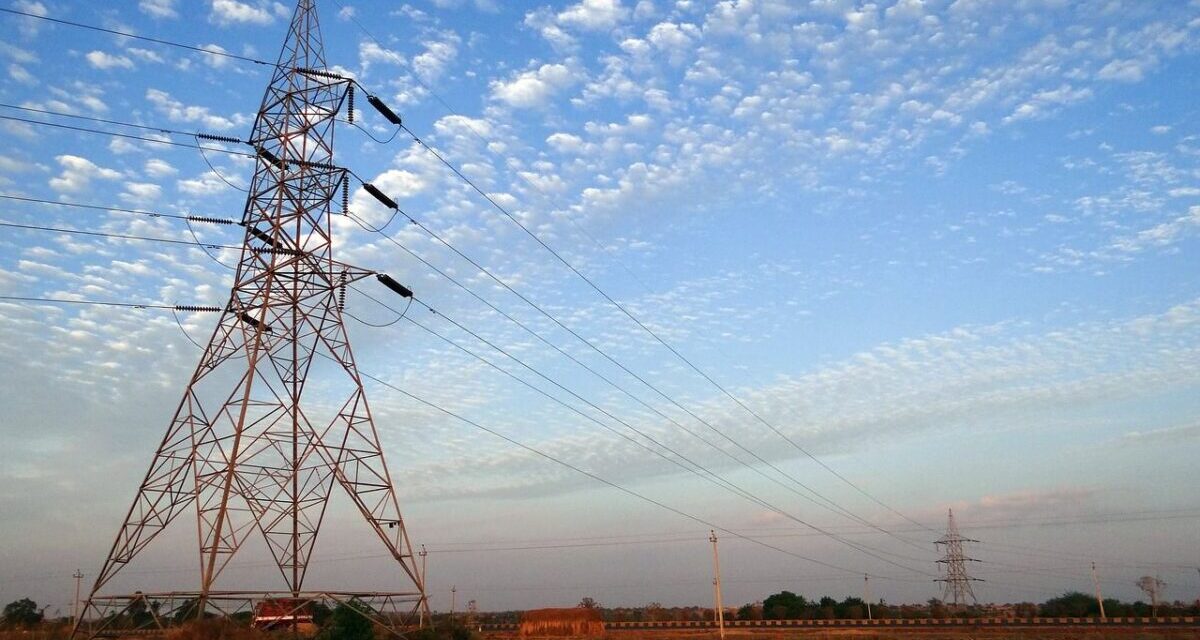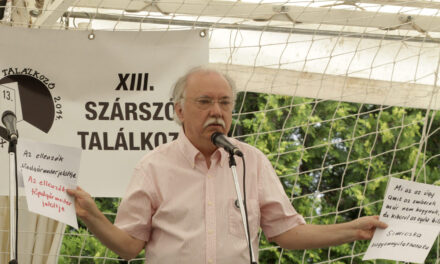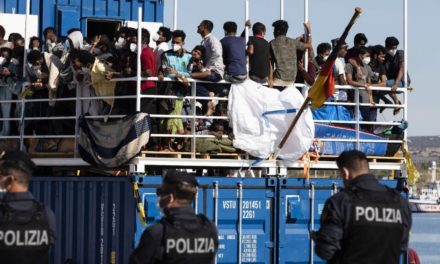If the two countries go beyond this, it could have very serious consequences for Ukraine's electricity supply.
According to the information of M1, during the Hungarian-Slovak negotiations, it was suggested that if Ukraine does not ensure the oil transport to Hungary and Slovakia, then the possibility of restricting or suspending the electricity supply to Ukraine cannot be ruled out as a response.
Experts have confirmed that, in principle, this can be achieved with Slovak-Hungarian coordination. Roughly 40 percent of Ukraine's electricity imports pass through the Ukrainian-Hungarian border.
Olivér Hortay, head of Századvég's climate and energy policy department, said: today Ukraine's biggest energy problem is in the electricity system. Since the start of the war, the country has lost three-quarters of its own electricity generation capacity, so they have to deal with long, unplanned blackouts from time to time.
As he explained, they can deal with the former problem to some extent by boosting electricity imports. In many periods, the share of electricity coming through Hungary in Ukrainian imports exceeded 40-42 percent, said Olivér Hortay, pointing out:
therefore, the loss of this quantity could have very serious consequences for the supply of Ukraine.
The MAVIR station in Szabolcsbáka is one of the main hubs of the European and Ukrainian electricity systems. This is the only Hungarian and EU substation with 750 kV system components. Roughly 40 percent of Ukraine's electricity imports pass through here.
As is known, Ukraine has put the prospect of stopping oil deliveries. The Brussels committee responded to the Hungarian and Slovak concerns by saying that, in their opinion, Ukraine's move does not endanger the supplies of the two countries.
Minister of Foreign Affairs and Trade Péter Szijjártó rejected the EU argument and called Croatia an unreliable transit country. Gergely Gulyás, the minister in charge of the Prime Minister's Office, called it unfair and contrary to the EU agreements that Ukraine is blackmailing Hungary and Slovakia because of its pro-peace position. He indicated: this represents an extreme danger from the point of view of security of supply.
Olivér Hortay spoke about all of this: in the association agreement - on which Hungary and Slovakia initiated a procedure at the European Commission - "it is literally stated that the parties cannot limit each other's imports, exports and transit."
From this point on, it is self-evident that Ukraine's action is illegal and that the European Commission should immediately convene a consultation forum. Based on Thursday's information, the committee will not start this on the grounds that there is no direct security of supply risk and that the two countries would be able to replace Russian oil on the Adriatic pipeline coming through Croatia, he said.
Olivér Hortay explained: on the one hand, Lukoil provides a third of the oil demand of the Száhahalombatta refinery, and 45 percent of the demand of the Bratislava refinery.
"If the loss of this does not cause a security of supply risk, it is not clear what would," he said.
Olivér Hortay also noted that the theoretical maximum capacity of the Adriatic pipeline is 11 million tons per year, and the combined demand of the two countries is 12 million tons, and oil should also reach the Czech Republic. The Croatian leadership talked about 14 million tons, referring to some chemical process, but it is not clear how exactly they think this can be implemented, he added.













